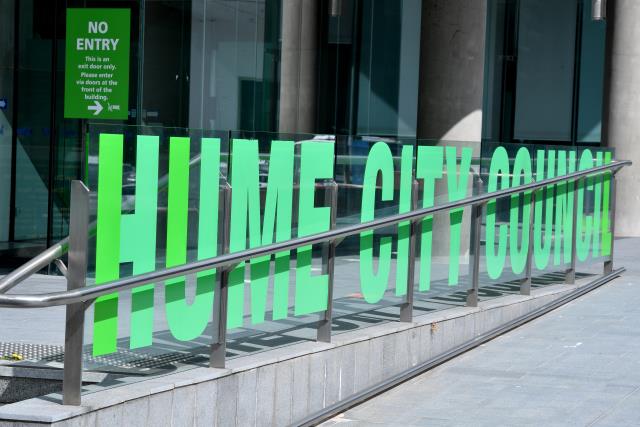More than $216,000 has been spent on internal Hume council arbitration costs and legal fees, new figures reveal.
In June, Hume released previously confidential details of historical arbitration proceedings, totalling $142,898 as of May 31, 2022.
According to a report to council’s November 14 meeting, the costs incurred in relation to applications between June 1 and September 30 was $73,580, bringing the total amount to $216,478.
Documents presented in June showed council had spent $65,570 on 22 internal arbitration matters, 21 brought by councillor Trevor Dance totalling $48,583, and one by Cr Carly Moore, costing $16,987.
In cases brought by Cr Dance, one breach was found against Cr Jack Medcraft, while the case by Cr Moore found eight breaches against Cr Dance, banned him from two council meetings and forced an apology.
The June documents revealed council spent $65,014 on costs for the councillor conduct panel that found Cr Dance guilty of serious misconduct and suspended for three months. A further $11,066 was spent on this proceeding since that time, bringing the cost to $76,080.
Cr Dance appealed that verdict to the Victorian Civil and Administrative Tribunal (VCAT), and was reinstated while the process played out. According to documents, total costs as of September 30 were $52,037 in this case. The VCAT proceeding took place last week and a finding has not yet been released.
Cr Dance has also lodged a Victorian Equal Opportunity and Human Rights Commission complaint against an arbiter, which according to the report has cost council a total of $22,688.
At the meeting, Cr Moore said she was “disappointed” to move the report containing the latest costs figures.
Cr Jodi Jackson said it was worth noting that council made the decision to refer Cr Dance to a conduct panel, and should “reasonably have known” there was an inherent risk he would take the matter to VCAT.
“The act makes it clear that every councillor in Victoria has that right, it’s part of the process that we actively engage in through our resolution,” she said.
“We knew, or should reasonably have known, that the decision we made might come as a significant expense to the Hume ratepayers.”







